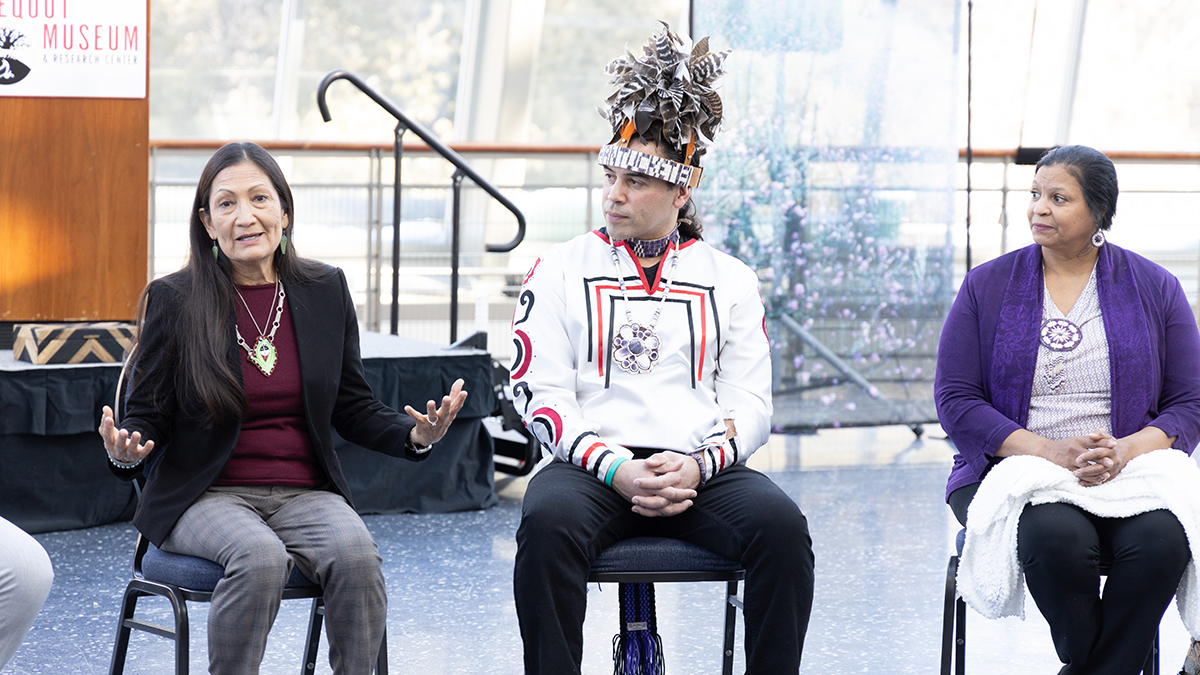The performance of Iraqi women in the October elections marks a major improvement from the 2018 elections, with 29 percent representation up from 25 percent. The fact that 57 women from 16 governorates, out of the 95 women candidates, won outside the quota demonstrates Iraqi women’s ability to win on their own merits. Notwithstanding this achievement, the quota remains a key instrument to guarantee women’s representation in the Council of Representatives, the report added.
The analysis highlighted impediments to women’s advancement in the elections, such as security challenges, cultural and traditional gender roles in rural areas, violence against female candidates, limited training, insufficient political party support and financial resources. The report revealed that the majority of women who won were politically affiliated, indicating that political parties remain a key avenue to enter parliament.
The Deputy Special Representative of the Secretary-General for Iraq for Political and Electoral Affairs, Ingibjörg Sólrún-Gísladóttir, said: “Iraqi women have proven that when they have the opportunity to enter politics, they excel. The 2021 election is a case in point – an unprecedented number of seats went to women candidates, above their quota. I encourage this success to be reflected in the government formation and with senior appointments. Women should take their rightful place in politics and all decision making in the society. The exemplary performance of women in the October elections should be translated into advances in other areas.”
The report recommended measures to bring Iraq into compliance with international standards such as the Convention on the Elimination of all Forms of Discrimination against Women (CEDAW) to which it is a party, in order to end gender-based discrimination in politics and create a more enabling environment for women’s political participation and electoral representation. Measures beyond quotas could be introduced, including financial support, lower thresholds for candidate…





 Take a road trip to Hocking Hills. Photo taken by Ava Boldizar.
Take a road trip to Hocking Hills. Photo taken by Ava Boldizar.  Visit the Franklin Park Conservatory. Photo taken by Ava Boldizar.
Visit the Franklin Park Conservatory. Photo taken by Ava Boldizar. 

